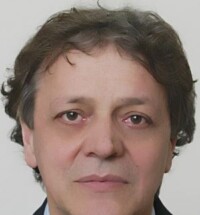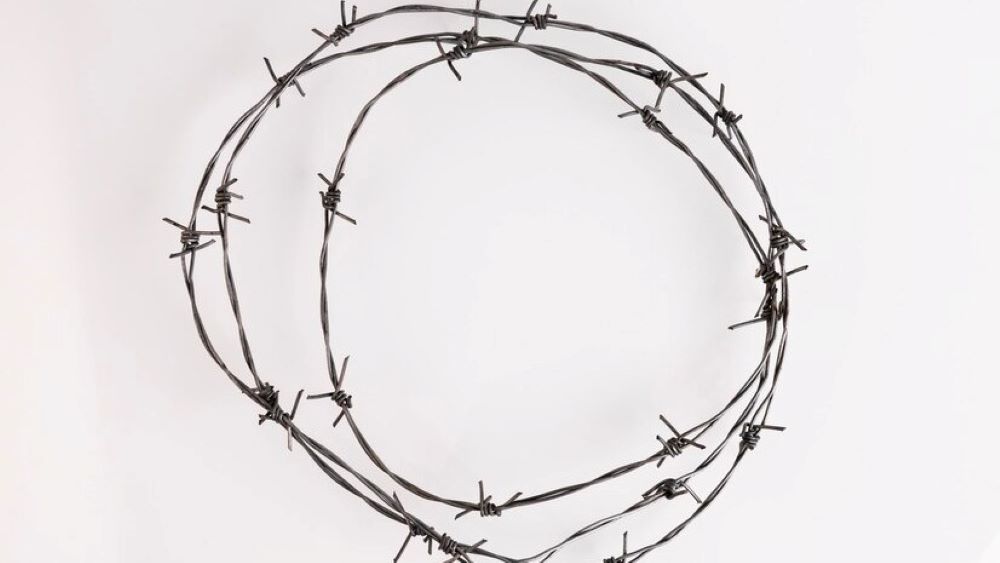The Vicinity project broke down those boundaries, established communication on a broader level, enabled the free flow of information, the free expression of knowledge, skills, achievements, and expertise.

Dževdet Tuzlić
Even when I was little, standing in the courtyard, I would look in the direction of the tower of the medieval nobleman Hrvoje Vukčić Hrvatinić and wonder what was behind it. Some precipice, forest, meadow…???
Then as a boy scout and later a mountaineer on many hiking routes, I would always wonder what was beyond the hills. I would climb up and admire the landscapes of forests, valleys, glades. But, there was always a new hill. A new challenge. Space, horizon, never ending.
So I would look at the sky. No end. I’d look at the sea. And there, another infinity of sea blue.
As a radio journalist, I felt the greatest satisfaction when listeners joined in from the wide vicinity, as far away from Sarajevo as possible, from Šabac, Makarska, Osijek, Bačka Topola, Prijepolje, Pljevlja…
I would treat subjects from all four corners of the world, collect all the beauty of the world in one place. There was always beauty in the spaces of culture.
Then the war came and shortened the distances. The new geopolitical reality produced strange selfishness, self-sufficiency, exclusivity…
I don’t want to accept this, I don’t want to fit into these cut horizons!!!
Neither as a man nor as a journalist.
The fact that I worked for some global media houses helped me with the latter.
But the soul has been divided and crucified. Just like the little country where I was born, composed of two entities. I was born in one, I live in the other.
And the political reality…? It distances these two halves of a small country, opposes them, inspires them with hatred, so they have become “more distant” than the South and North Poles. My immediate vicinity has simply been broken by politics. And everything is being done to make sure that the two halves of Bosnia and Herzegovina remain as far apart as possible.
Name-calling, accusations, creating an atmosphere of blame always directed towards others, relativizing guilt, turning crime into heroism, glorifying all that normal people would be deeply ashamed of and look for ways to repent, apologize for, ask for forgiveness.
If someone were to try something like that, they would be seen as a traitor of their own people.
The balance of fear in a country where the war ended without a winner is a weapon in the service of politics. Incendiary sentences are rattled, they smell like the eve of war, with threats of secession and spread of fear.
And poverty, rising prices, and the defeating state of education, are left in the shadows of topics charged with nationalism, threats and accusations of the Other (one with a different national sign, of course).
In a country where an atmosphere of “backup homelands” is systematically created, where people don’t cheer for the success of national sports teams, where films and some theatre plays cross national borders more easily than the inter-entity lines… it is really difficult to survive.
That’s why it’s not surprising that hundreds of thousands of young people are looking for their happiness in a better place, and a better vicinity.
For me personally, participating in the Vicinity project has been a cure for my terrible wound. It is the same for many others who formed part, writing columns, and speaking to the camera on various topics. The number of those who really find Bosnia-Herzegovina to be a wound, a constraint, a hoop, a barricade, is not insignificant. The Vicinity project broke down those boundaries, established communication on a broader level, enabled the free flow of information, the free expression of knowledge, skills, achievements, and expertise.
It opened horizons that are spaces of hope for human destinies that aspire towards a world without borders.
Dževdet Tuzlić, Bosnian journalist with decades of experience in radio, television and print media



Leave A Comment